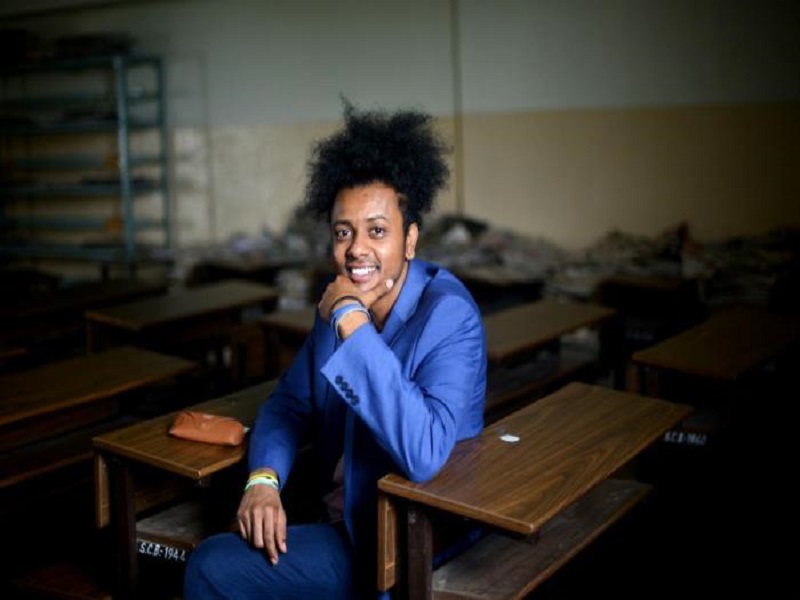Dr Suraj Yengde is a Dalit and proud of it. He wrote it on a sweatshirt and the water bottle he sips from every now and then.
Currently in Oxford to do a second doctorate, he hails from Maharashtra, a state in western and central India. His research centres on contemporary caste systems in various parts of the world.
"Even if we do not call them that, where there is a hierarchical system there are classes of oppressed and oppressors," Professor Yengde told AsiaNews.
"In societies based on market economies, things are slightly different because there is the possibility of migrating from one social class to another, while in India being born in a caste means being condemned to remain there for one's entire life."
What is more, "The situation has become more rigid over time. Even if it is no longer like 50 or 60 ago, the caste system continues to permeate all economic, social and political life".
One might argue that he, a Dalit, an "untouchable", made it, teaching at Harvard and now studying at Oxford. "Yes sure, but I'm one out of 300 million", Dr Yengde retorts.
Yengde comes from Nanded, a town where "there is still a strong, almost feudal caste-based system, despite the fact that a Dalit movement of politically active and very well informed people has formed over the years".
After studying law for five years, he moved first to Mumbai and then to Johannesburg, where he conducted research on the Indian diaspora in South Africa.
Education becomes a means of emancipation and the possibility of redemption for an entire community.
Dr Yengde did it thanks to the quotas for Dalits and scholarships provided by the government in a state that is among the wealthiest in the country and because Dalit activism has managed to make its way into the public discourse in recent years. However, government actions are not enough.
"Even today, students refuse to attend lessons given by a Dalit teacher or eat school food if prepared by a Dalit cook. The government could do much more, such as promoting positive role models from the community, but it does not, because it has no interest in doing so."
Yengde is highly critical of the Bharatiya Janata Party (BJP), the Hindu nationalist party that rules the country.
"It is a never-ending problem, and it is painful to see how things are going from afar, how the government is eliminating the basic rights granted by the Indian Constitution.
For Dr Yengde, "We cannot speak of democracy in India. They pass it off as a religious issue, but the government actually wants access the economic resources of the lower castes".
"The BJP has it in especially for Muslims, but it would be more accurate to say that it has it in for disadvantaged Muslims from the lowest castes. Higher caste Muslims, those seen in Bollywood or in sports, are almost not touched by the government."
Repression does not stop at national borders. The Hindu American Foundation, supported by the government led by Narendra Modi, is active in the United States, and does not like Suraj Yengde's work.
"I don't see a bright future, but the only way we have is to make our voices heard. If you are part of a community and can have a say, you have a responsibility to those who are part of that community, but do not have the means to be heard.
"It's not about living in the UK or India, it's about the resources you have at your disposal. And you have this responsibility towards the oppressed even if you don't want to."
Source: Asian News
0 COMMENTS



